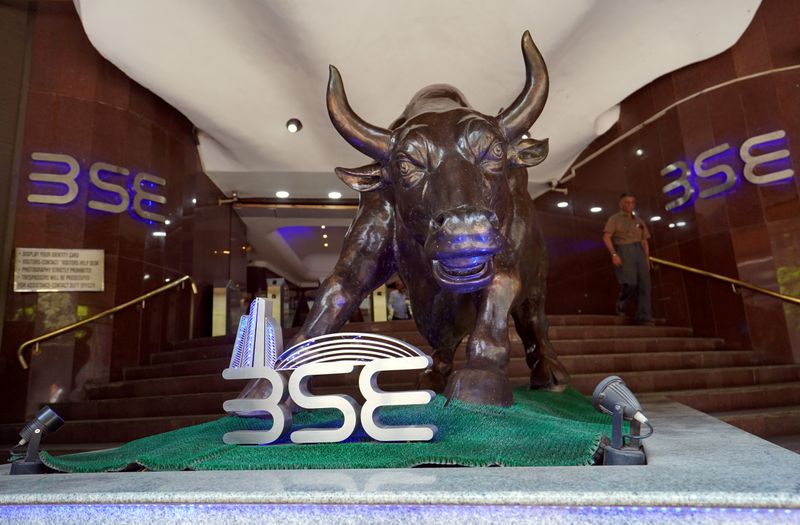By Nidhi Verma and Aftab Ahmed
NEW DELHI (Reuters) - India plans to set tough financial targets for state-run firms to try to improve their valuations ahead of a push by Prime Minister Narendra Modi to privatize some companies, according to a draft government document and sources.
The government, which is trying to rein in its fiscal deficit, wants state-run firms to focus on improving market capitalisation and dividend payouts from the 2021/22 fiscal year, starting April, as well as ramping up the sale of non-core assets, the sources said.
State-run companies have traditionally largely targeted raising output and increasing revenues, rather than improving efficiency and valuations, contributing to years of share price underperformance versus the broader market.
"The companies need to raise their valuation and profitability in a changing business environment. Then only we will be able to get a better price (from stake sales). Shareholders and investors should be rewarded," said a government source with knowledge of the plan.
After regaining power in 2019, Modi's government prepared a plan https://reut.rs/3nGyaZh to raise as much as 3.25 trillion rupees ($44 billion) over 5 years by selling down its stakes in companies including Oil and Natural Gas Corp, Indian Oil Corp, NMDC Ltd, Coal India, Bharat Heavy Electricals Ltd and BEML Ltd.
It announced moves to privatize companies in non-strategic parts of the economy and reduce the number of firms in key sectors. The government has already initiated steps to privatize Bharat Petroleum, Container Corp and Shipping Corp.
However, weak investor sentiment and limited demand have led to delays. So far this fiscal year to end-March 2021, the government has raised only a tenth of its targeted 1.20 trillion rupees stake sales.
(Graphic: Nifty 50 vs Nifty PSE, https://graphics.reuters.com/INDIA-OIL/qmyvmqjybvr/Nifty50vsNiftyPSE.JPG)
(Graphic: Share price of India's leading state-run firms has declined over years, https://graphics.reuters.com/INDIA-COMPANIES/GOVT/yxmvjqjynpr/MARKETCAP.JPG)
The planned changes in annual targets could be announced in next year's federal budget, due in February, a second government source said.
"The state run companies will need to deploy funds raised through asset monetization for issues like debt repayment. They should have return on capital employed and return on equity quite high on the margin," the source said.
For the first time, India will include annual targets for state-run companies on metrics such as earnings before interest, tax, depreciation and amortisation (EBITDA), according to the sources and a document on the draft guidelines, which is currently before a government committee.
Other targets will include increasing market capitalisation or share price, as well as measures such as return on net worth and capital employed, they said.
For unlisted companies an improvement in earnings per share will be a key parameter instead of market capitalisation, the document showed.
Managers at state-run companies will have their bonuses and incentives linked to meeting the annual targets.
India's finance ministry and department of heavy industries did not respond to Reuters emails seeking comments.
The new annual target structure has yet to be approved by the committee, which comprises officials from various ministries and the cabinet secretary, the first source said.
Changes in the annual target policy had been suggested by the Department of Investment and Public Asset Management (DIPAM), which spearheaded the federal government's stake sale drive, the source added.
For companies in which the government wants to cut its stake, DIPAM will set targets like listing, buyback, offer for sale, minimum public shareholding norms and strategic disinvestment to help the government get a better price for any selldown, the document showed.

($1 = 73.5700 Indian rupees)